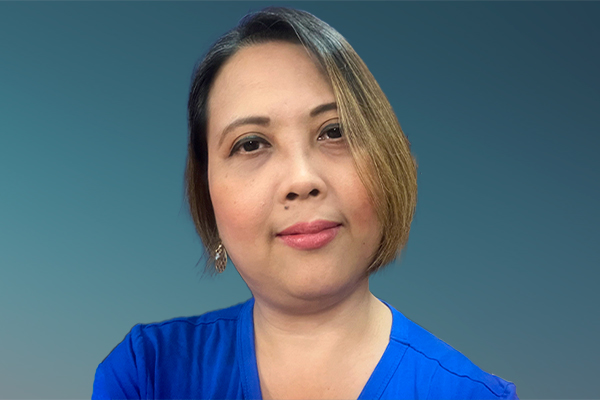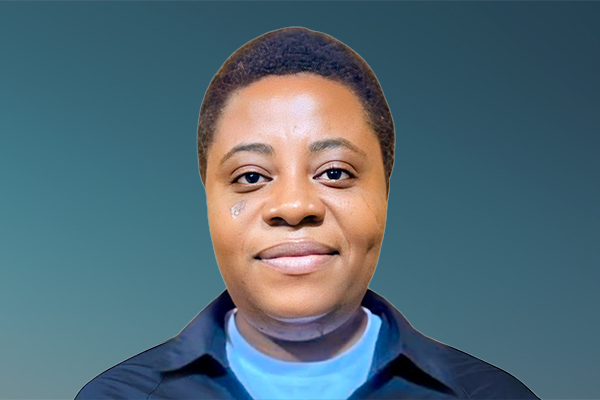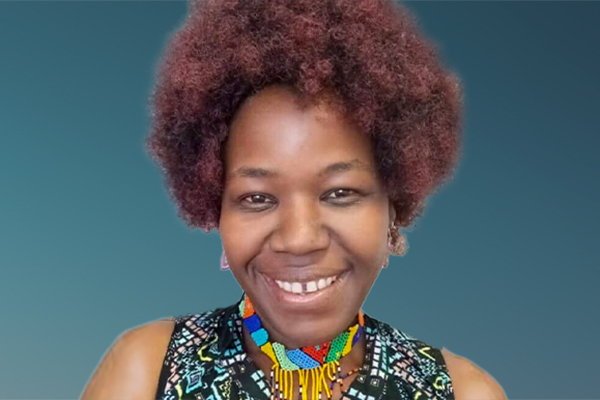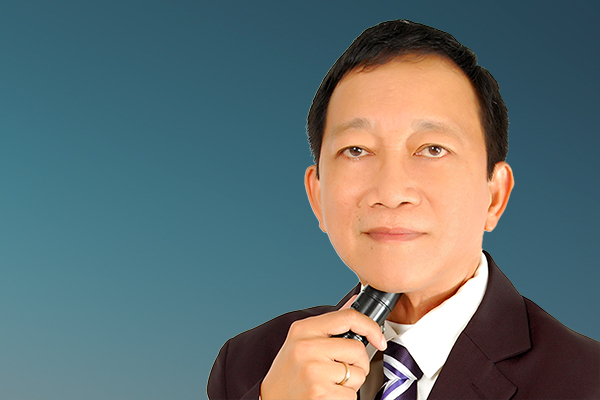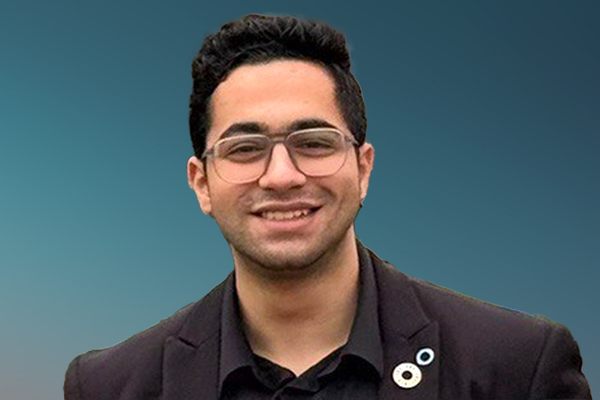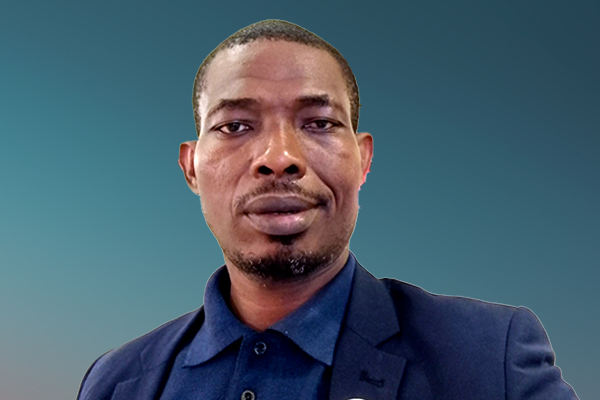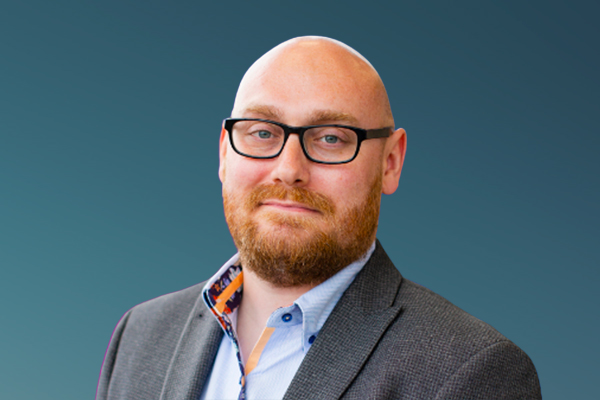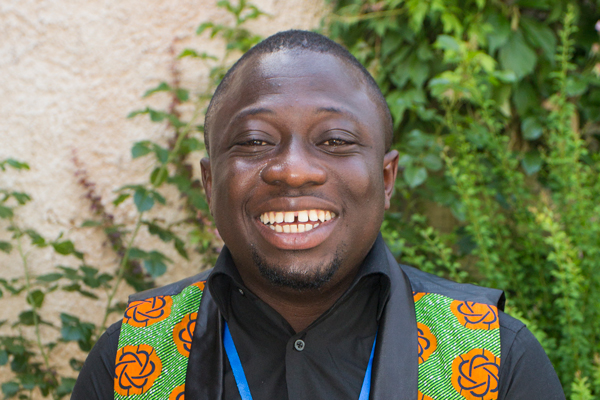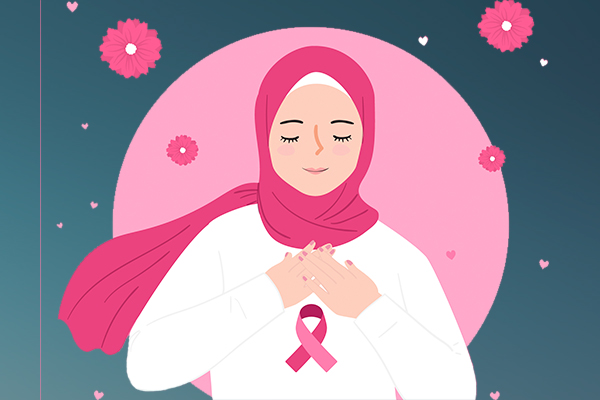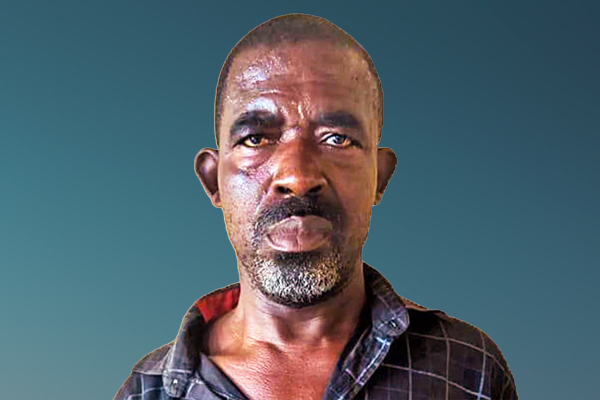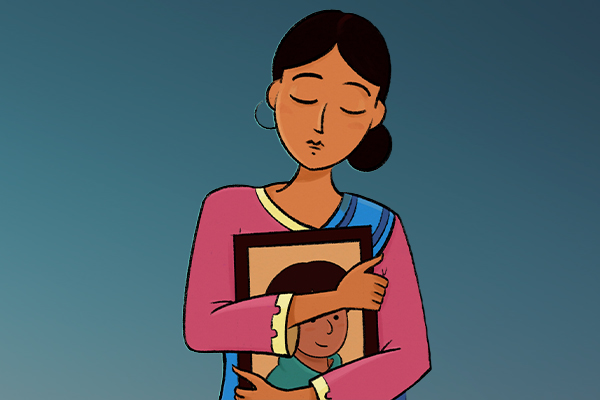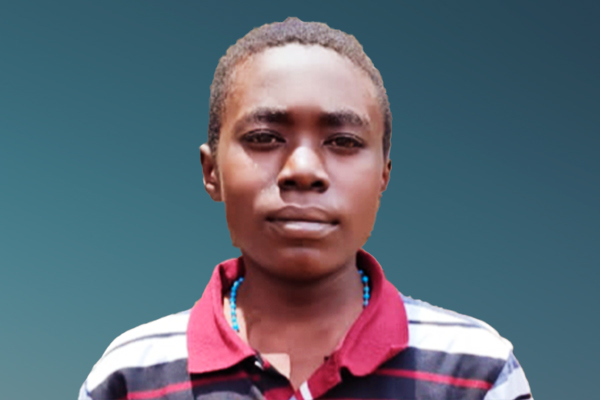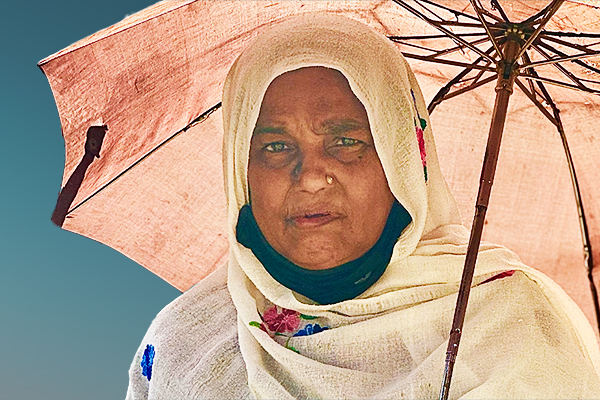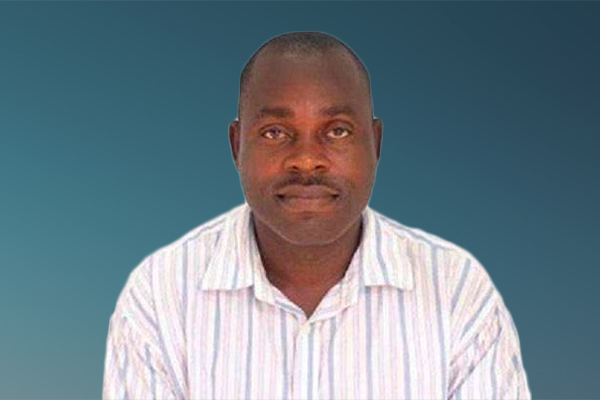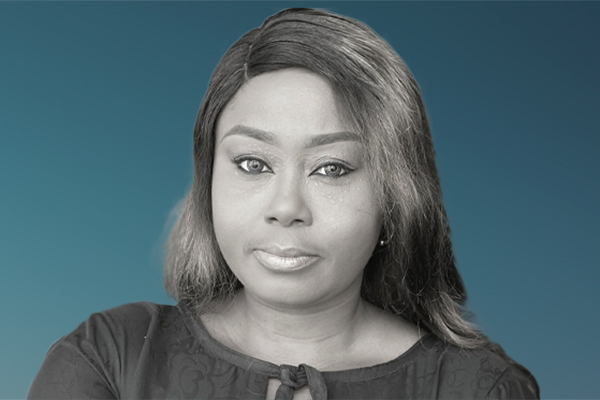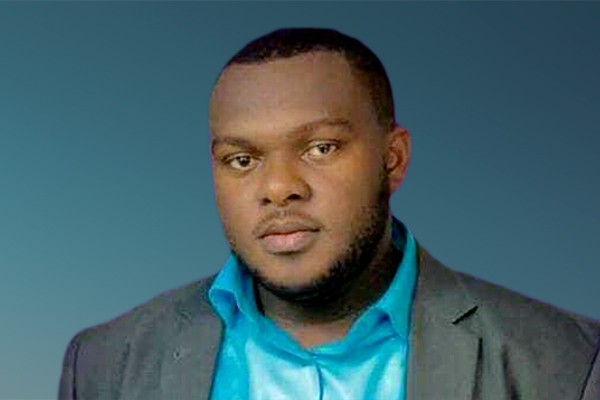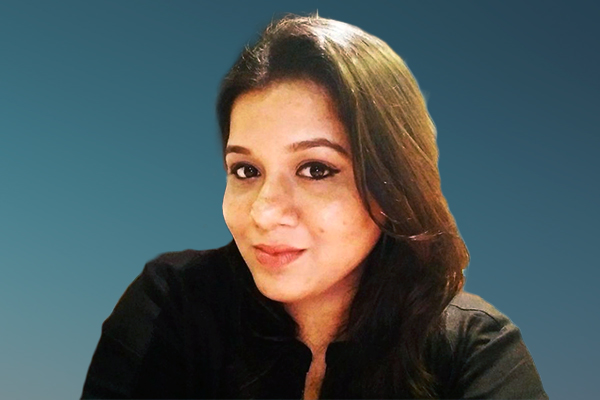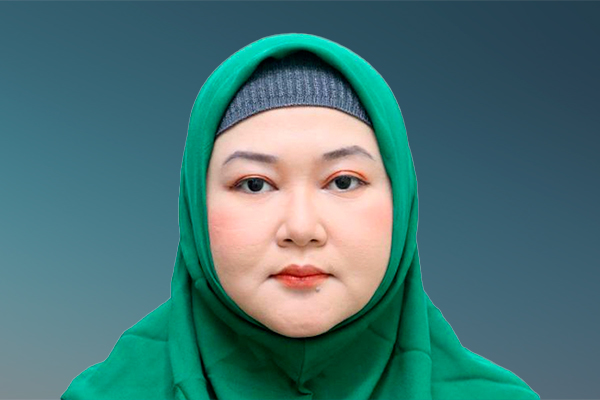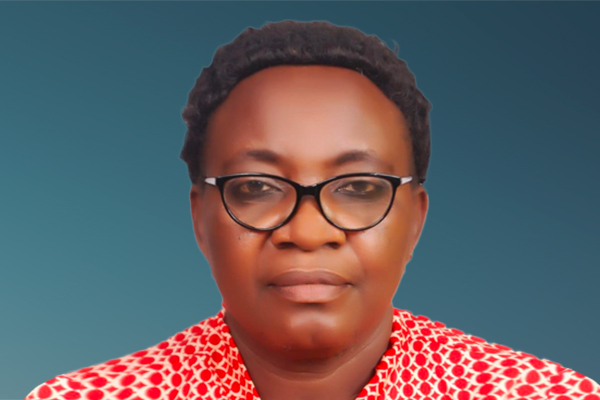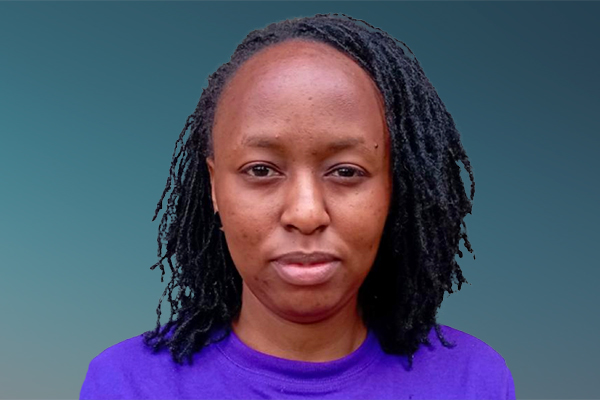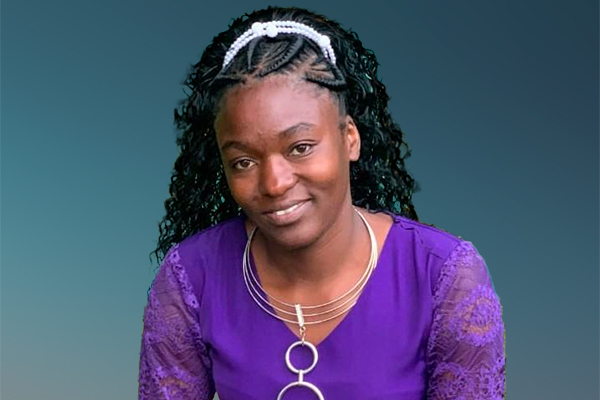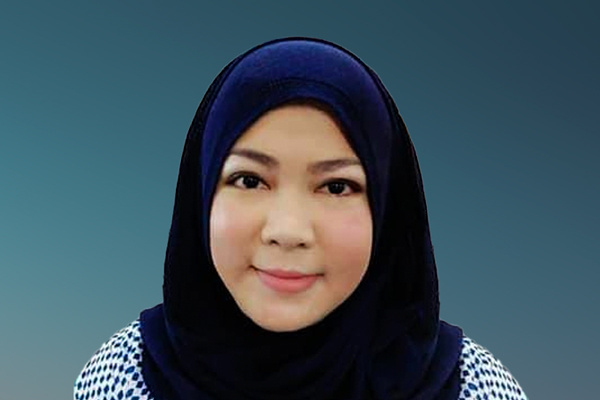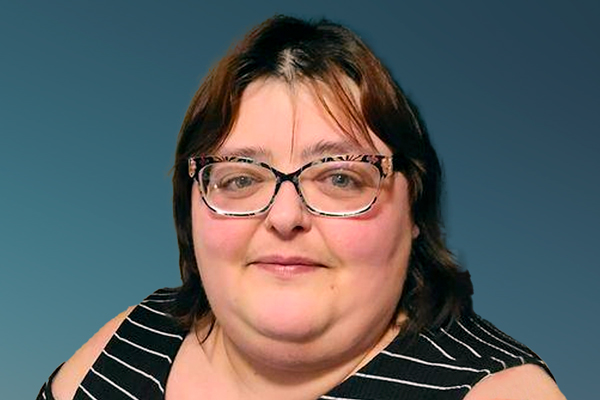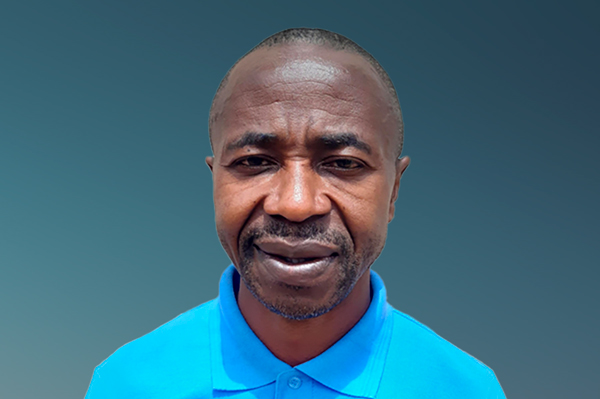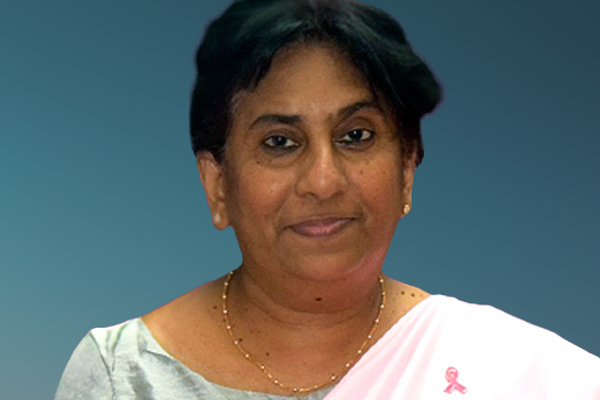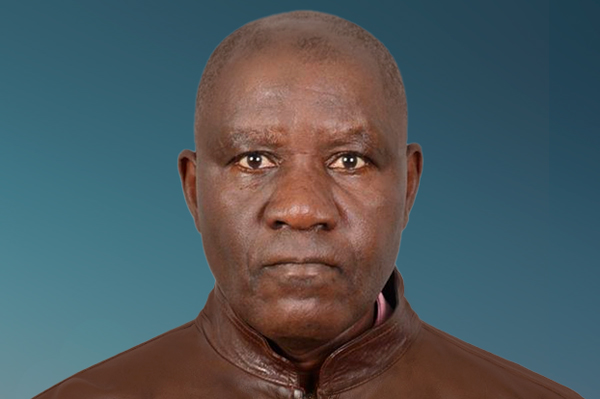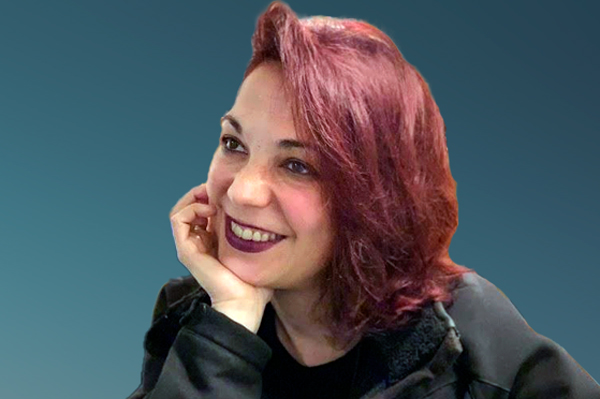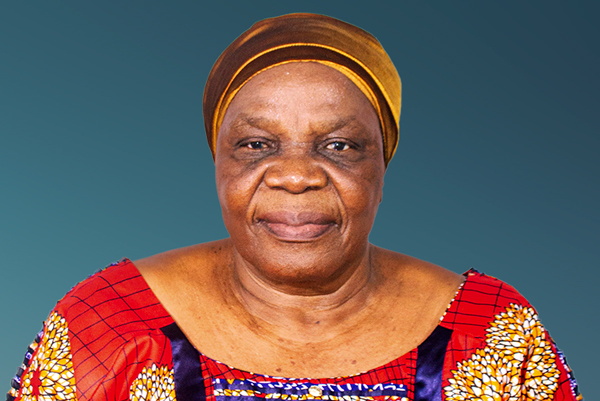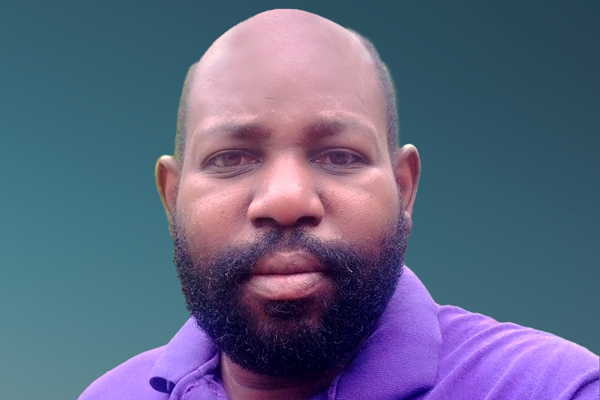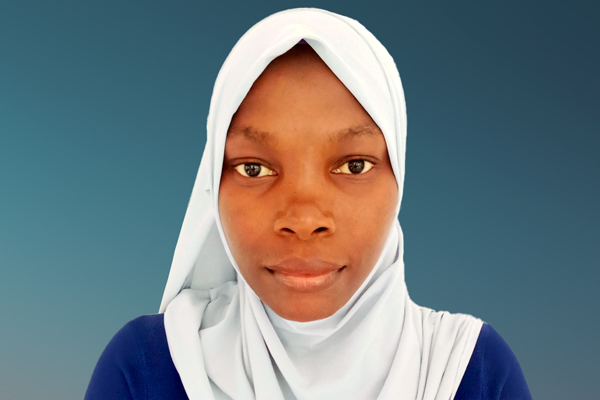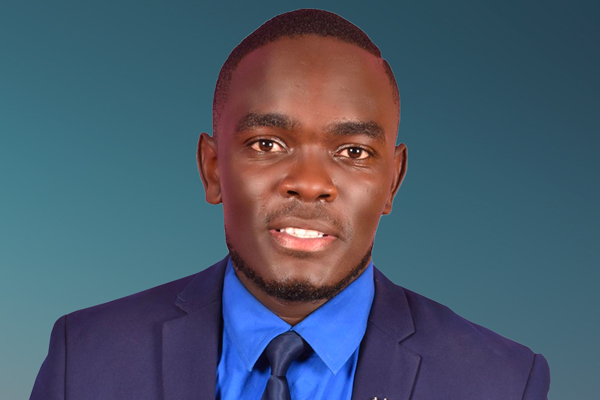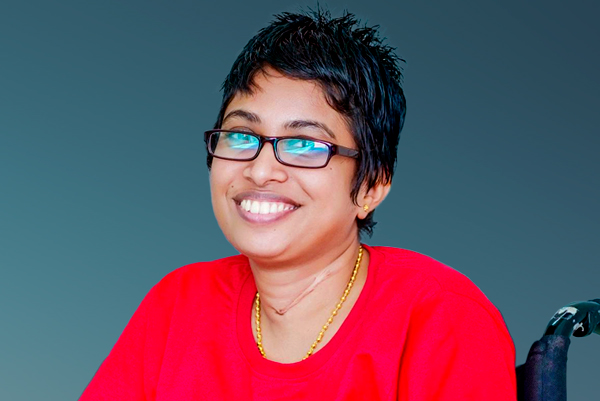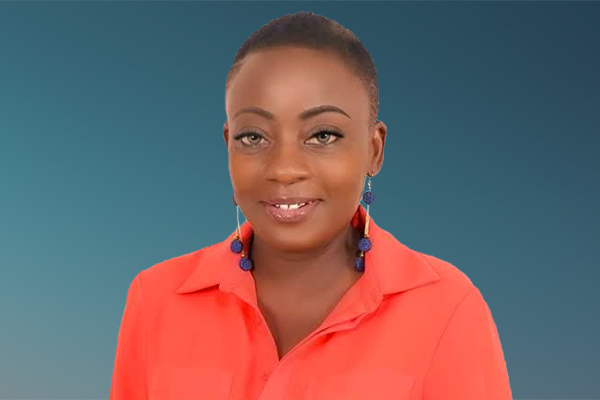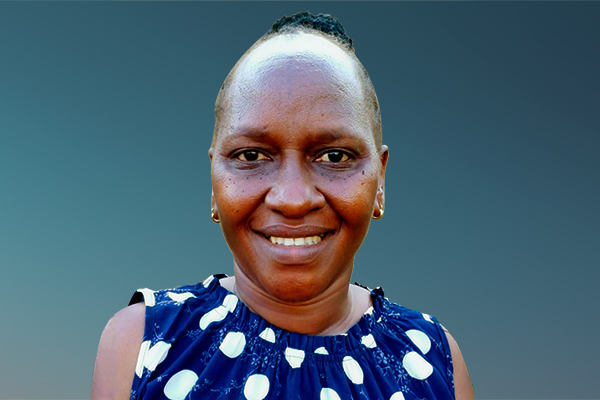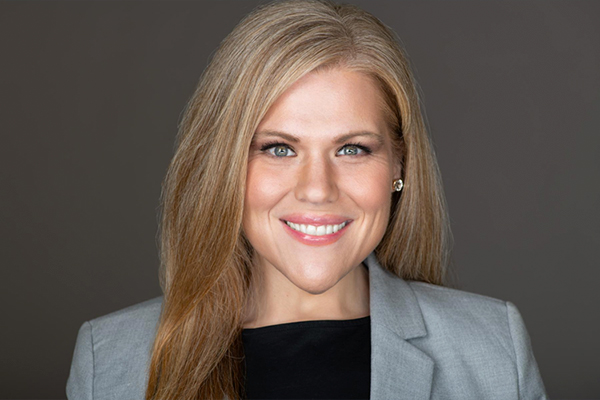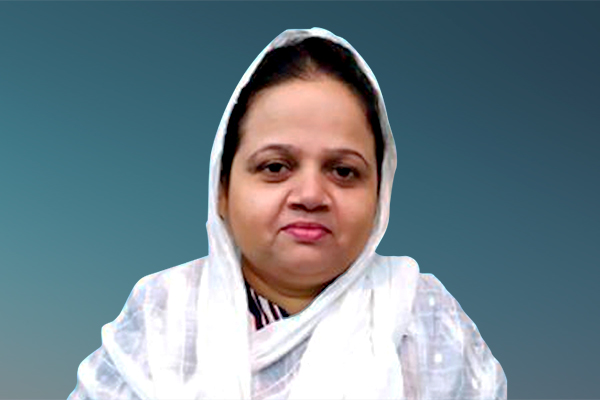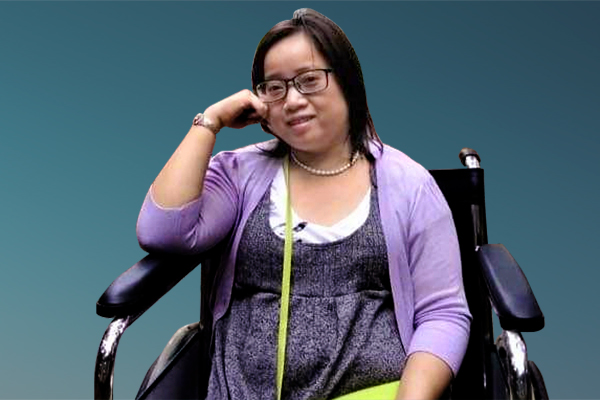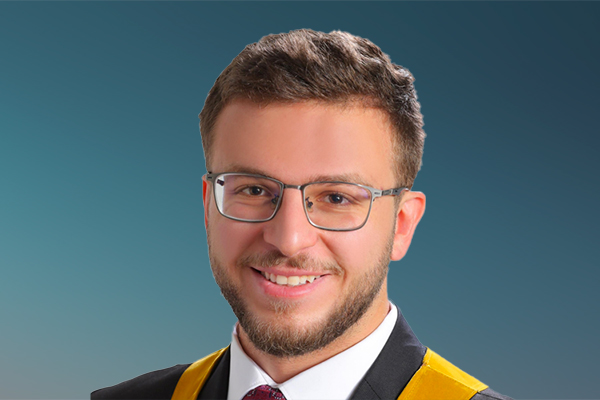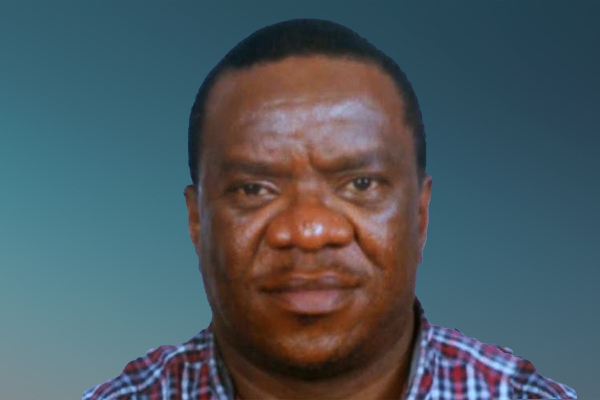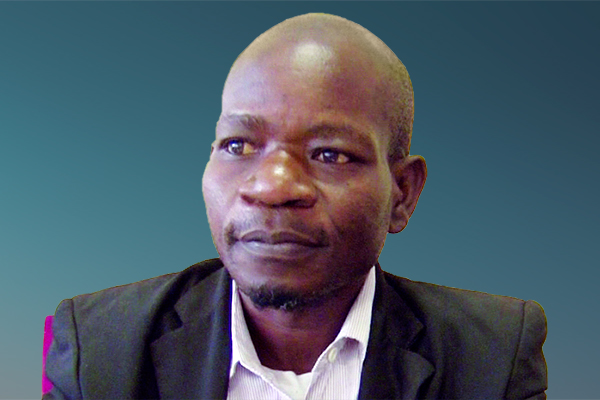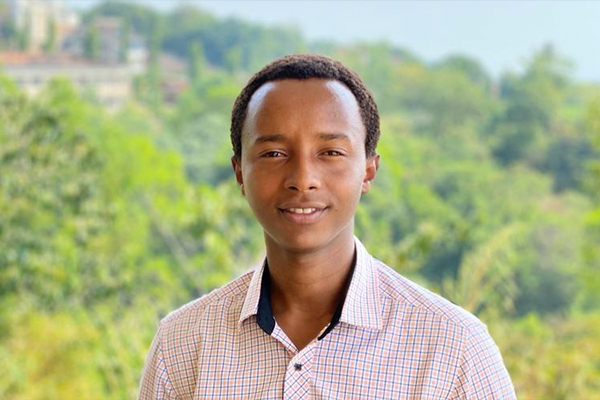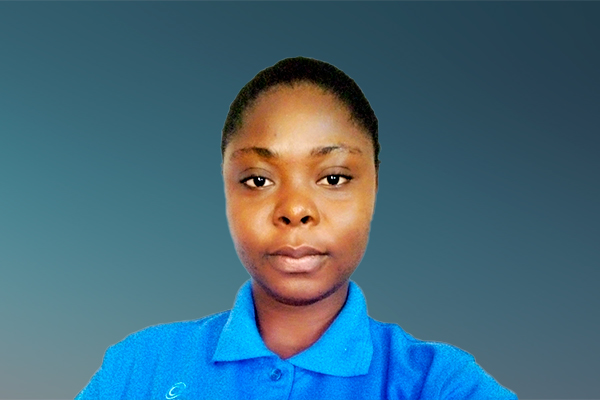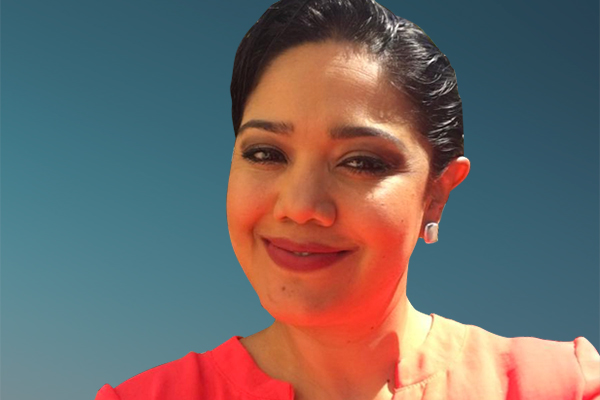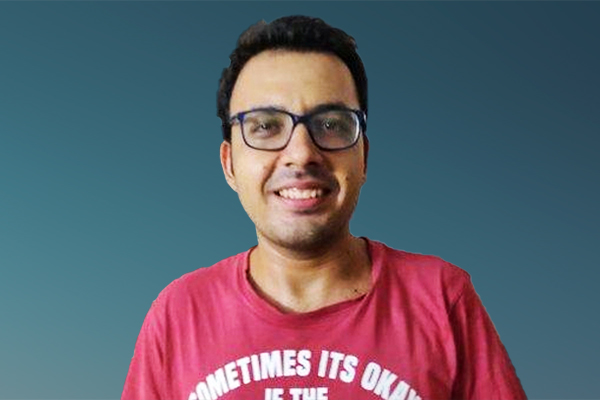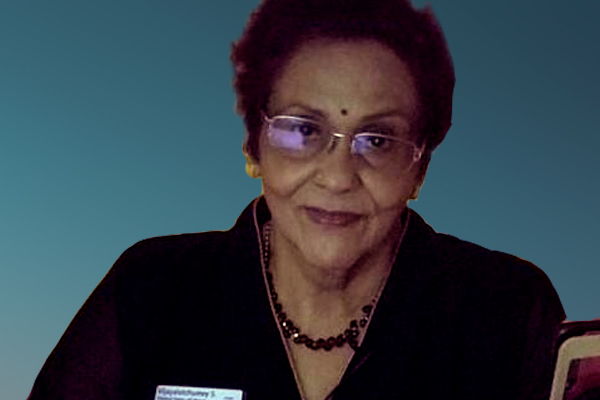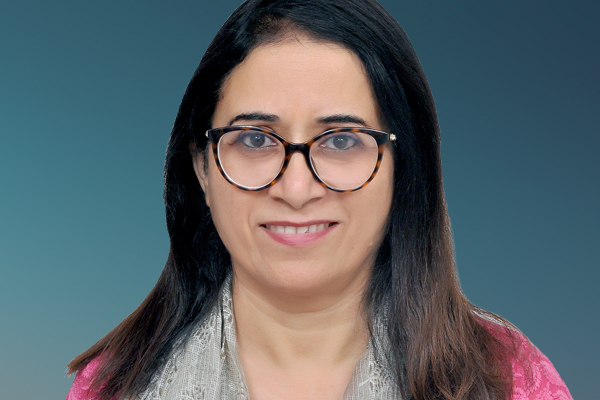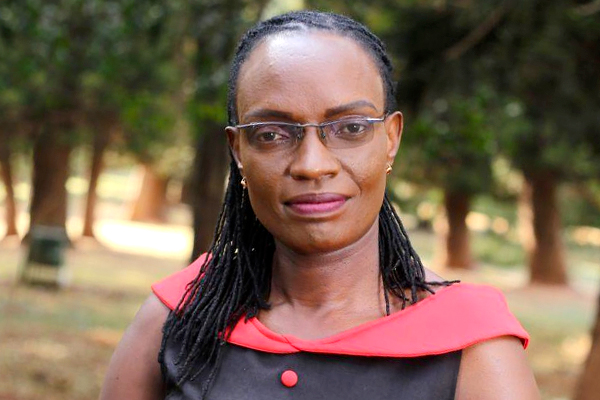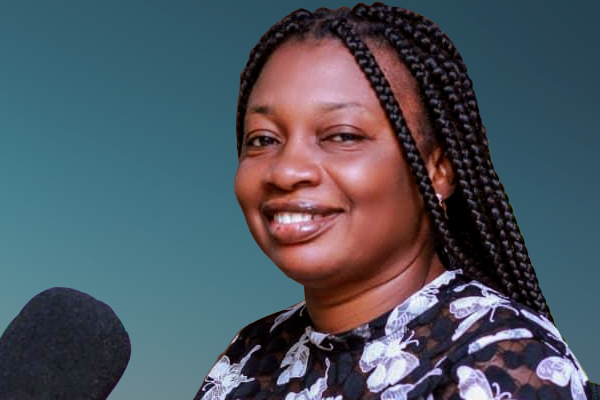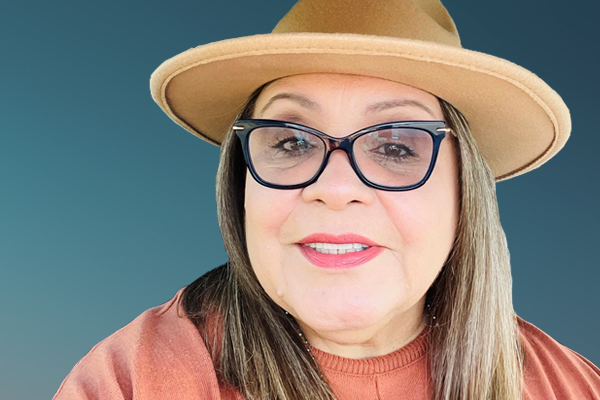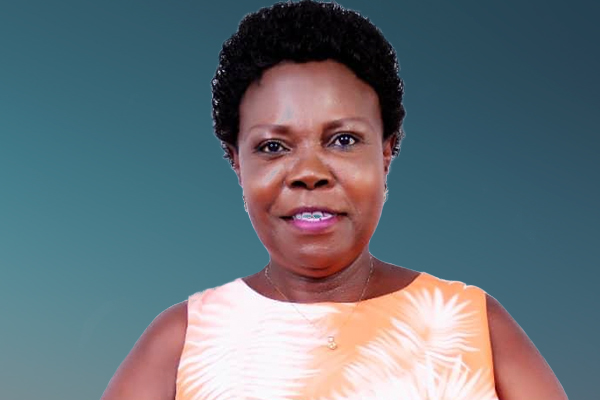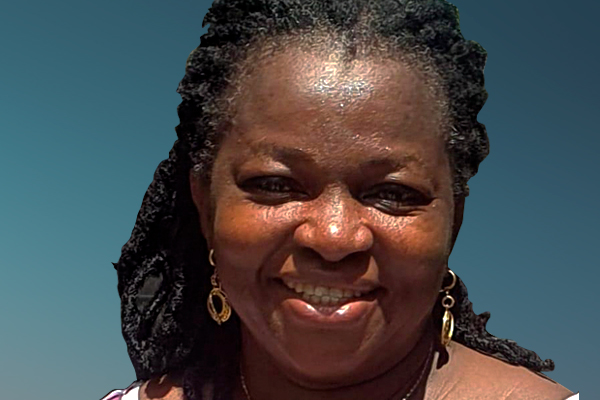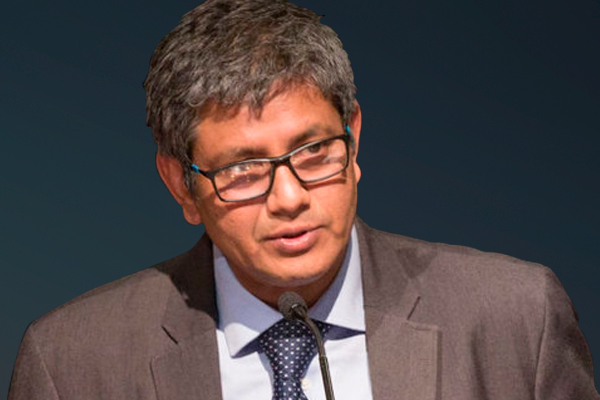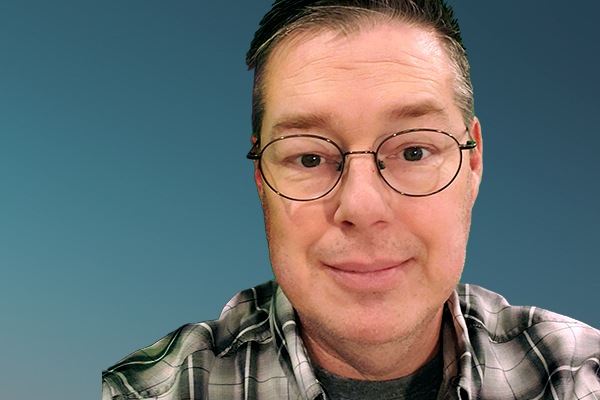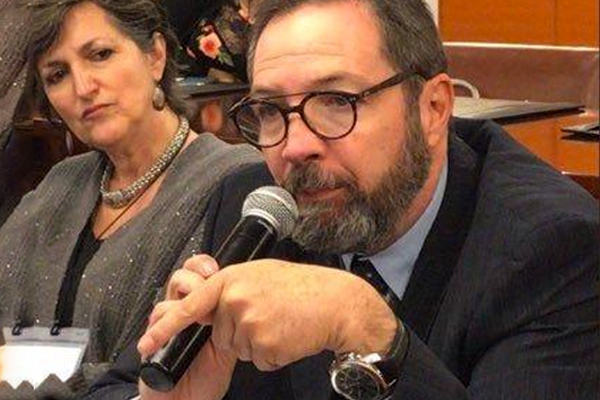Hi, my name is Joseph Rukelibuga, I am Rwandan. I have been living 14 years with type 2 diabetes and hypertension, and since 20 June 2016 with cerebrovascular accident (stroke). I am a retired veterinarian, public health specialist, stroke survivor and President of Stroke Action Rwanda, a stroke support organization founded by stroke survivors in Rwanda.
I am sharing my story because I wish to recognize the impact that healthcare providers have had on my NCD Journey in spite of challenging work conditions. I also aim to encourage people with lived experience of NCDs to break the silence around these "so called silent killers" and share their challenges and lessons learnt from their experience, as it is a powerful tool to advocate for and raise NCD awareness among policy makers and other stakeholders.
23 May 2022
Knowing and understanding my NCD conditions
I’ve been living diabetes and hypertension since 2007. Both were diagnosed simultaneously, but I never knew which affected me first, or when.
I worked in Higher Learning for eight years and was about to commence a new job at an international organization when the employer requested a medical certificate. The physician concluded that I may have diabetes and hypertension. I’d had symptoms such as fatigue, but thought this was due to my demanding work schedule. The doctor advised that I reduce my blood pressure by taking the weekend to relax, as the job required a good medical certificate.
Unfortunately, thinking about the opportunity I could lose caused my blood pressure to rise to alarming levels. Out of goodwill, the physician recorded the previous – lower – value and wished me luck. Through my new employer I underwent additional medical exams, which confirmed I had type 2 diabetes and hypertension. Despite landing the job, I was urged to reduce my blood sugar and pressure within three months. I achieved this with the help of a physician at the diabetes clinic of the Rwanda Diabetes Association, who advised me and prescribed medicines in a humane and professional way.
For the blood pressure, I found a good private cardiologist, which is very expensive for someone paying out-of-pocket. Luckily, I was covered by medical insurance through my employer. I’ve been with this cardiologist for 15 years and our communication is good; he has time for me and is knowledgeable. As I’m living with multiple NCDs, he soon took the role of prescribing medication for both.
Stroke occurred unexpectedly at around 4am in June 2016. My wife rushed me to the nearest referral hospital, where a general practitioner gave me an intravenous drip to reduce my blood sugar and pressure. I was then admitted to the general ward of 15‑20 patients to wait for a specialist doctor, who was on night duty at another referral hospital. He arrived almost at 9am and after examining my case, recommended an MRI. Unfortunately, the findings were inconclusive.
Confirmation of ischemic stroke with left‑sided hemiplegia was obtained the next day using carotid artery ultrasonography. The physician prescribed cardio‑aspirin and advised continuing diabetes and hypertension medicines. Rehabilitation physiotherapy was also prescribed by a helpful and knowledgeable physiotherapist.
Upon reflection, I realize that despite difficult working conditions, the healthcare providers saved my life, I am so grateful to them.
4 July 2022
Rehabilitation, a crucial need for people living with NCDs in Rwanda
After a week-long hospital admission, I was discharged as I’d arrived within 3 hours of the onset of my stroke symptoms. However, my colleague Wisdom had hemorrhagic stroke and arrived at hospital 24 hours after the onset of symptoms because he was denied access to the only ambulance available at his nearest health center. Resource shortages mean that the Rwanda Ministry of Health has made difficult decisions, including limiting ambulances at health centers to the transportation of pregnant women due to high rates of mother and child mortality.
Once Wisdom was finally discharged, the physician recommended physiotherapy without explaining why, where, or how long. This transition period can be difficult, and in Rwanda there’s a shortage of highly trained health providers to effectively provide guidance and support. I’d bee discharged with a loss of physical autonomy, lack of trained caregivers and inappropriate washing rooms. I was like a kid having to re-learn the first steps of my life. Rural district hospitals lack equipment and transportation, so before Wisdom could access physiotherapy, he developed dysphagia, meaning he now had to be fed with a nasopharyngeal tube. He became too weak for physiotherapy.
Another colleague, Cindy, underwent a year of high‑quality physiotherapy and saw great improvement, so I visited the clinic and received detailed information on stroke that no one had told me before, including types, symptoms, prevention methods, stages of recovery, and rehabilitation. However, such services are expensive without insurance. Each citizen can purchase community health insurance, yet physiotherapy is not part of its package.
Physiotherapy and specialist care require upgraded insurance provided through employers. Unfortunately, after stroke, most are dismissed from their jobs even if the cause of stroke was stress from their working conditions. The upgraded medical insurance covers only 20 physiotherapy sessions per month, a number easily reached with post‑stroke rehabilitation. Beyond this, special authorization is required after a temporary service interruption.
It’s difficult for colleagues without medical insurance to pay for healthcare services out‑of‑pocket. Halloween, a colleague with type 2 diabetes complications, couldn’t afford to pay for his leg amputation before the hospital finally requested the local government authority to pay for it.
Due to the barriers that we identified through these experiences, Cindy and I created a social media group where our colleagues living with NCDs could come together and share information on their conditions. I later went on to create and lead Stroke Action Rwanda, for our community to raise NCD awareness and advocate for proper NCD care.
9 August 2022
No time left to change the NCD response
In Rwanda, like any other developing country, NCDs have become an invisible epidemic. They cause the majority of annual deaths, many of which are premature and preventable. Every day, the number of people with lived experience of one or multiple NCDs increases disproportionately to overwhelm the capacity of the health system.
Through my lived experience with multiple NCDs and through my own NCDs advocacy agenda, I learned about the gaps in NCD service delivery and affordability of care and medicines, and the lack of quality rehabilitation service in rural areas for NCD patients with severe disabilities.
I have observed delay in the diagnosis of NCDs condition which is due to insufficient trained healthcare providers but also due to a sound absence- or- not followed NCD patients management guidelines.
I learned from my lived experience, that there is very limited capacity at the community level to raise awareness and to screen for NCDs in the population to prevent future complications when patients present to district hospitals.
I strongly agree that, all people living with NCDs must be able to easily access quality NCD services which is not the case today in Rwanda.
I call upon the Ministry of Health to review the staffing and equipment of Health Centers to allow them perform early screening for NCDs and provide basic conversation on NCDs in the community.
I also call upon the Ministry of Health to review the list of essential medicines to include those for NCDs, and ensure they are available everywhere and every time free of charges for the most poor category of the population.
Specifically, for people living with stroke, I call upon the Ministry of Health to establish stroke care units in referral hospitals so that people suffering from stroke do not spend too much time in emergency rooms, as well as to widespread acute prehospital and in hospital stroke management guidelines across the health system. Moreover, the Ministry of Health should ensure an adequate number of trained healthcare professionals and hospitals equipped for stroke treatment and care.
Lastly, I call upon the Ministry of Health to advocate for the creation of well-equipped post stroke rehabilitation centers in rural areas.
NCD Diaries
I wish to recognize the impact that healthcare providers have had on my NCD Journey in spite of challenging work conditions, and encourage other people living with NCDs to share their challenges and lessons learned from their experiences.
Joseph Rukelibuga, lived experience of multiple chronic conditions, Rwanda
About NCD DIARIES
The NCD Diaries use rich and immersive multimedia approaches to share lived experiences to drive change, using a public narrative framework.

